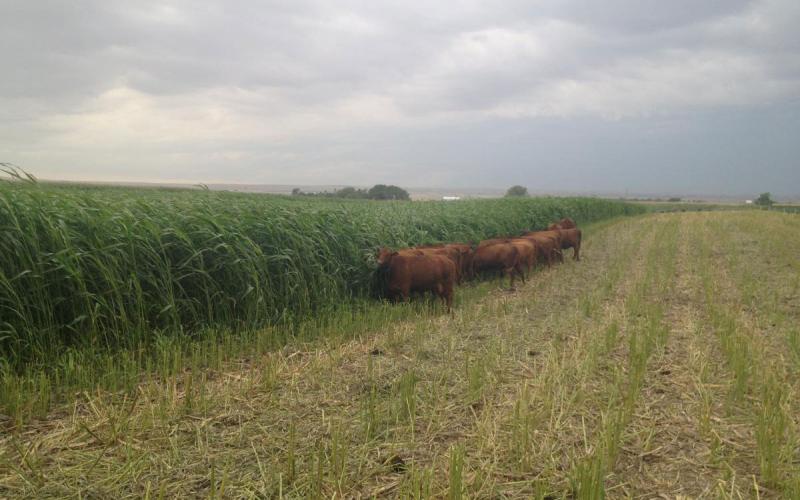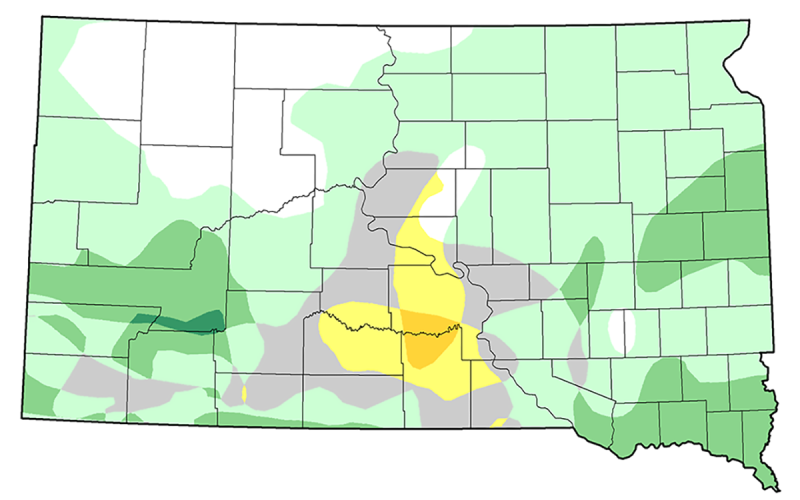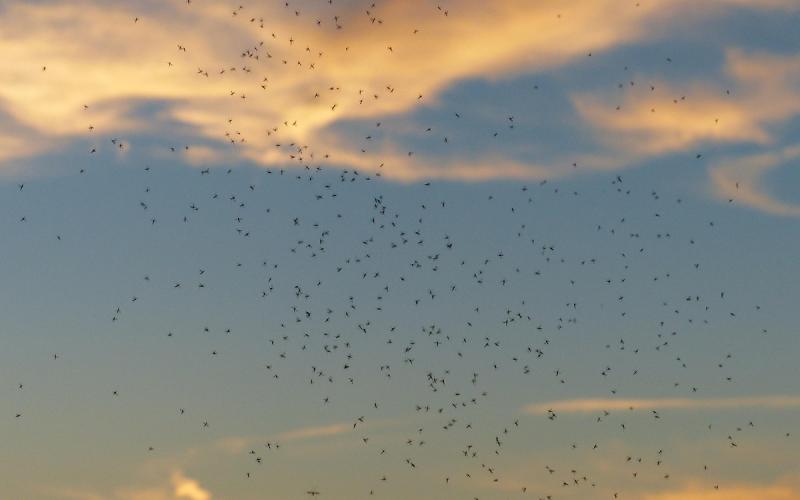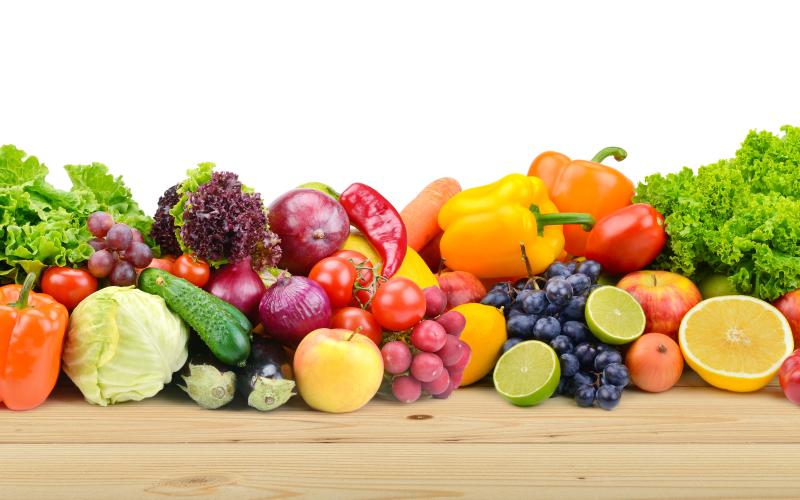Search

Park Prescriptions
Through a collaborative partnership between the South Dakota Department of Health, South Dakota Game Fish & Parks and SDSU Extension, healthcare professionals are encouraged to sign up and prescribe exercise to their patients through the Park Prescription (Park Rx) program.

Prussic Acid Poisoning
As the first frost date approaches, producers often have concerns about the risk of prussic acid poisoning in livestock. Certain forage plants, especially sorghums and related species are associated with an increased risk of death loss because of prussic acid poisoning.

Summer 2025 Climate Review and September Outlook
A record wet August in several locations marked the end of South Dakota’s meteorological summer. One challenge coming this fall will be determining how quickly field and crop conditions dry down to allow harvest activities to progress.

How Livable is Your Community?
South Dakota offers great communities for people of all ages and is consistently highly ranked as a great place to age in.

Mental health care vouchers available for ag families through SDSU Extension
October 30, 2025
South Dakota State University Extension is partnering with Rising Hope Counseling to offer up to five free mental health counseling sessions for farmers and ranchers, their immediate family members, and agribusiness professionals.

Question Persuade Refer Training
SDSU Extension provides QPR (Question Persuade Refer) trainings to agricultural groups and rural communities interested in preventing suicide. The goal of this training is to save lives and reduce suicidal behaviors.

West Nile Virus Update: October 16, 2025
As of October 16, 2025, the South Dakota Department of Health reported 86 human cases of West Nile virus from Aurora, Beadle, Bon Homme, Brookings, Brown, Charles Mix, Clay, Codington, Corson, Douglas, Grant, Gregory, Haakon, Hamlin, Hand, Hughes, Hutchison, Hyde, Lawrence, Lincoln, Marshall, Meade, Miner, Minnehaha, Pennington, Roberts, Sanborn, Spink, Stanley, Todd, Union, Walworth, and Yankton counties.

SDSU Extension offers virtual suicide prevention training for farm families
November 05, 2025
South Dakota State University Extension is offering virtual suicide prevention training for farm families called Questions, Persuade, Refer (QPR).

Pick it! Try it! Like it!
Pick it! Try it! Like it! materials are filled with tips for selecting, preparing, and preserving a wide variety of fruits and vegetables.

Starting Your Health Journey: Where to Begin?
A health journey is about learning, growing, and evolving as we navigate the ups and downs of life. Learn some helpful tips for starting your own journey today!